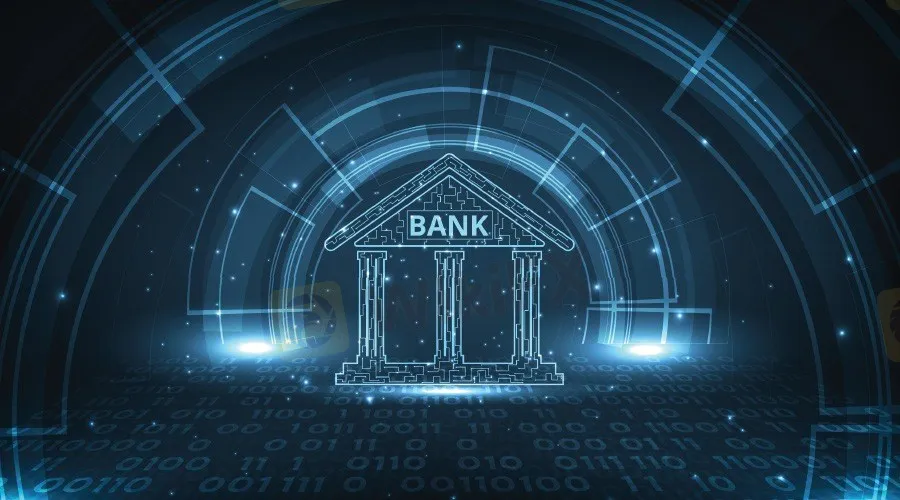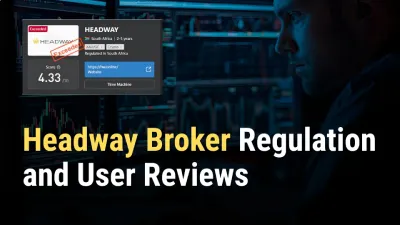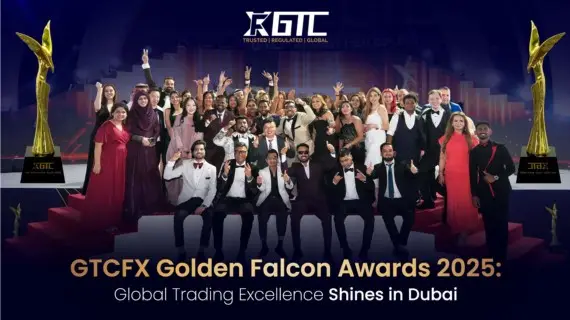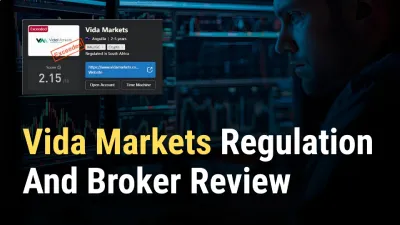Abstract:The industry will have to work with governments to lower barriers for the underprivileged.

Fintechs across the world have been focusing on banking the unbanked and creating a financial system that also works for the underprivileged. A CEO who has been at the forefront of this effort explains that fintechs dream of global financial inclusion can only be achieved when traditional banks and governments help open up legacy structures.
Recently, there has been a powerful argument gaining traction among academics about technology and its advocates. It lays out how for technologists the solution to any problem is always 'more technology' because when all you have is a hammer, every problem looks like a nail. For example, here is Molly White making a variation on this argument about fintech in this month's Harvard Business Reviews cover story Cautionary Tales from Cryptoland:
As for 'banking the unbanked' and the democratization of the web, people are falling into a trap that technologists have fallen into over and over again: trying to solve social problems purely with technology. People are not unbanked because of some technological failure. People lack access to banking services for all sorts of reasons: They don‘t have money to open a bank account to begin with, they’re undocumented, they don‘t have access to a physical bank or an internet or mobile connection, or they don’t trust banks due to high levels of corruption in their financial or judicial systems.
It might surprise you that as someone who leads a fintech operation that specializes in providing banking services to the un- and underbanked I actually agree with this position. I firmly believe that technology is a piece of the puzzle, but it is definitely not the entire puzzle.
We have a strong presence in the MENA and GCC regions, and what we encounter there is a magnified version of a global problem: the legacy banking industry has for decades failed the less fortunate and the stateless. It created very profitable global systems for itself and elite clients but has worked hard to keep the world of their smaller clients as small as possible. This is a function, not a bug. By putting up red tape to open a bank account and charging excessive fees for something simple like overseas transfers, the legacy industry succeeded in keeping non- or barely profitable business off its books.
This system was created using the outdated premise that smaller clients dont require access to elaborate international services, but globalization has affected everyone, not just the upper class. An Indonesian maid working in the KSA wants to send money home to Jakarta every month. And, a seasonal worker in North Africa needs his bank to be collaborative when he moves across borders to work in different markets.
An app isnt going to solve these problems – Molly White is right. The industry will have to work in tandem with governments to lower the barriers for the underprivileged, for example by allowing sturdy but more flexible KYC practices. Fintech challengers have been charging at the system to drive this kind of change with some success, but if we want to build a financially inclusive world that facilitates social mobility and help people move up, more systemic change will be necessary for the more than 1.3 million migrants in Nigeria, or the 300,000 migrant domestic workers in Lebanon, just to name two demographics in two markets that we operate in.
Financial inclusion is about connecting people globally so they can benefit from the systems that have been excluding them up till now. A bank should be more than a local brick-and-mortar branch for people, no matter what their societal status is. A lean global digital bank would be an enormous step forward because we need flexible systems that help people grow and that grow with people, backed up by social changes that allow them to access these systems.










